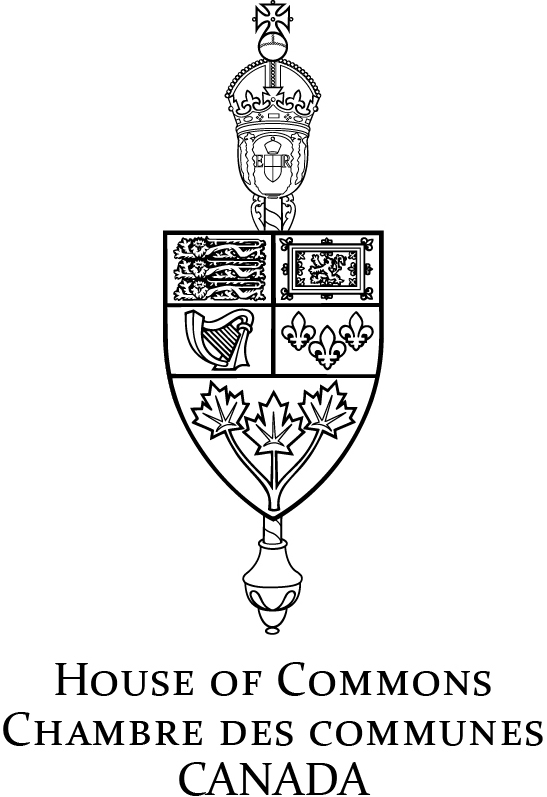JUST Committee News Release
If you have any questions or comments regarding the accessibility of this publication, please contact us at accessible@parl.gc.ca.
Standing Committee on Justice and Human Rights |  |
For immediate release
NEWS RELEASE
ACCESS TO JUSTICE – PART 1: COURT CHALLENGES PROGRAM REPORT OF THE STANDING COMMITTEE ON JUSTICE AND HUMAN RIGHTS
Ottawa, September 19, 2016 -
Today, the Standing Committee on Justice and Human Rights (JUST) tabled its report, Access to Justice –Part 1: The Court Challenges Program, in the House of Commons.
In light of the federal government’s recent commitment to restore the Court Challenges Program (CCP), with a budget of about $5 million per year, the Committee seized this opportunity to consult more than 40 experts and stakeholders in order to provide recommendations to the government as to how the CCP should be re-established.
From the late 1970’s when it was created, until its cancellation a decade ago, the CCP provided funding for cases of national significance related to important legislative and policy areas, including access to social and economic benefits for disadvantaged groups and access to education in minority official languages. In recent years the CCP only continued in place to manage cases accepted before the cancellation of the program and a Language Rights Support Program was created to fund language rights cases. The new CCP will once again include funding for both equality and language rights cases.
“I am very proud of the work of the Committee” stated Anthony Housefather the Committee Chair. “Members of all three parties worked together collaboratively and constructively to put together a report with recommendations that we believe will strengthen the CCP. These include broadening the terms of the old CCP program to allow for standalone equality rights challenges under Section 7 of the Charter and allowing for language rights challenges based on the Official Language Act and other federal statutes based on language rights. The Committee is also recommending that equality rights challenges can be brought against provincial and territorial legislation provided that the case is national in terms of scope and impact.”
In its report, the Committee makes additional recommendations to ensure that the renewed CCP is sustainable, fair, efficient, transparent and accountable, including:
• to reduce administrative cost, that the new CCP be housed in a federal government department or agency, providing that adequate safeguards are in place to ensure its complete independence and autonomy.
• confirming that one administrative structure be in place to manage both the equality and language rights panels.
• ensuring that only cases that are national in scope and impact be eligible for funding and confirming that the funding criteria applied by each expert panel is clear and transparent to avoid any perception of bias.
• ensuring that members of each panel responsible for funding cases are appointed by means of a federal government nomination process based on consultations with relevant stakeholders.
• enshrining the Court Challenges Program in legislation in order to enhance its sustainability and to ensure that any government seeking its cancellation would require the approval of Parliament and, in the meantime, restoring it through policy until such legislation can be brought into force;
• not establishing any binding requirement for Alternative Dispute Resolution but allowing it as an option if requested by both the applicant(s) and respondent(s).
• ensuring that information related to what cases are funded by the CCP be made available in an annual report except to the extent such information is prejudicial to the applicant, in which case the information would be made public after the case has been resolved and all appeals periods have lapsed.
• confirming that both intervenors and consultations among potential litigants can be funded should the panels so determine.
This review of the CCP is only the first phase of the Committee’s broader study on access to justice, which was launched on February 23, 2016. The next phase of our study will deal with access to legal aid.
For more information on the Committee’s members, meetings and work please see the Committee’s website.
- 30 -
|